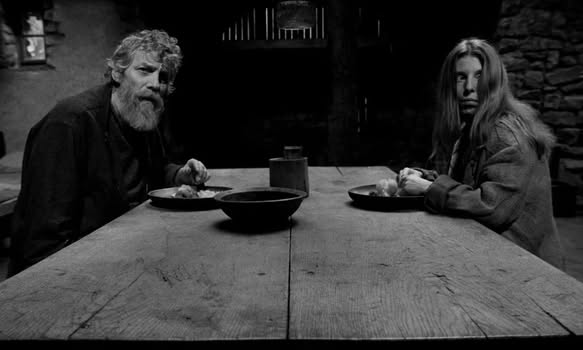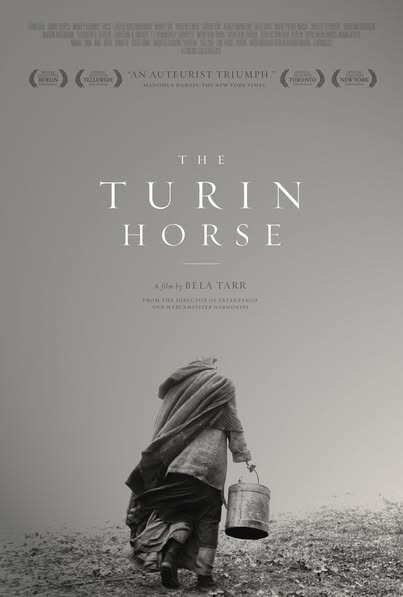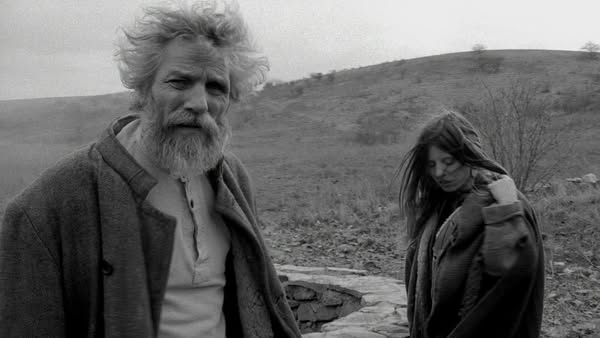The Turin Horse (2011)

The Turin Horse (2011), directed by Béla Tarr, is a haunting and meditative film that explores themes of existence, suffering, and the relentless passage of time. Set in a desolate rural landscape in Hungary, the film follows the daily lives of a farmer, his daughter, and their horse, presenting a stark and minimalist portrayal of their struggles against an unforgiving environment.
The story is loosely inspired by an incident in which Friedrich Nietzsche witnessed a horse being whipped, an event that is said to have profoundly affected the philosopher. This backstory serves as a thematic backdrop, emphasizing the film’s exploration of human suffering, the absurdity of life, and the search for meaning in a seemingly indifferent world.

The narrative unfolds in a series of repetitive daily routines, focusing on the farmer and his daughter as they engage in the mundane tasks of survival. The film’s pacing is deliberately slow, allowing viewers to immerse themselves in the stark beauty of the cinematography, which captures the bleakness of the landscape and the weariness of the characters. Shot in black and white, the visuals enhance the film’s somber tone and contribute to its existential atmosphere.
Tarr’s direction is characterized by long takes and minimal dialogue, encouraging an introspective viewing experience. The camera glides through the desolate surroundings, drawing attention to the characters’ isolation and the futility of their efforts. Each scene unfolds with a sense of inevitability, reflecting the cyclical nature of their lives and the relentless passage of time.

The performances of the lead actors are deeply affecting, conveying the weight of their existential plight. The farmer, portrayed by János Derzsi, embodies a weary resignation, while Erika Bók as his daughter captures a poignant mix of hope and despair. Their interactions convey a deep sense of intimacy and shared suffering, highlighting the bond between them in the face of an indifferent universe.
The Turin Horse is not merely a narrative; it is an experience that challenges viewers to confront the darker aspects of existence. The film’s philosophical underpinnings evoke reflections on the human condition, the struggle for survival, and the search for meaning amidst chaos.

In summary, The Turin Horse stands as a powerful testament to Béla Tarr’s unique vision and artistic sensibility. Its immersive storytelling, striking visuals, and profound themes create a haunting meditation on life, suffering, and the inexorable passage of time, leaving a lasting impression that resonates long after the credits roll.











